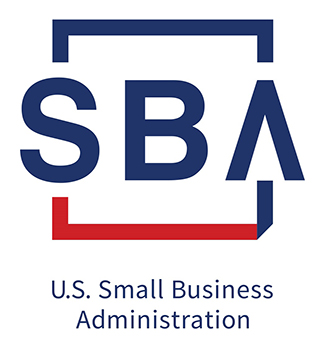Farmers Eligible for Forgivable Small Business Loans

Alabama farms, nurseries and other agricultural businesses may be eligible for forgivable loans under the Coronavirus Aid, Relief and Economic Security (CARES) Act signed last week by President Donald J. Trump.
Mitt Walker of the Alabama Farmers Federation said the Paycheck Protection Program (PPP) is designed to help small businesses and their employees weather the economic downturn.
“The $2 trillion stimulus package includes $349 billion for the PPP,” said Walker, the Federation’s National Affairs director. “The program helps small businesses keep employees on the payroll by providing guaranteed loans, which may be forgiven if used for approved costs.”
Walker said the Federation and American Farm Bureau Federation (AFBF) worked with government agencies and Alabama’s Congressional delegation to ensure farms are eligible for the program.
“Farm businesses are a vital part of our economy,” Walker said. “They provide jobs both directly and indirectly. Every dollar earned on a family farm turns over about seven times in the community. The PPP can be an important tool to help these farm businesses and rural communities survive fallout from the COVID-19 pandemic.”
Eligible businesses include limited liability companies (LLC), S corporations, sole proprietorships, contractors and non-profits with 500 or fewer employees. Loans are capped at $10 million, but can include up to eight weeks of average monthly payroll costs from last year plus an additional 25% of non-payroll costs. Different calculations apply to seasonal and new businesses. The PPP will be available through June 30, 2020.
According to the Small Business Administration (SBA), PPP loans will be forgiven if all employees are kept or quickly rehired and compensation levels are maintained for eight weeks.
To be forgiven, loan funds must be used for:
Payroll and benefits
Mortgage interest incurred before Feb. 15, 2020,
Rent, under lease agreements in force before Feb. 15, 2020, and
Utilities, for which service began before Feb. 15, 2020.
SBA anticipates a high subscription rate for the program. As a result, non-payroll costs are likely to be capped at not more than 25% of the total loan amount. Borrowers will still owe money if the loan is used for non-qualified expenses or if staff and payroll are not maintained.
Applications open April 3 for small businesses and sole proprietorships and April 10 for independent contractors and self-employed individuals. Visit SBA.gov for a list of SBA lenders.
Gov. Kay Ivey wrote a letter to small businesses Wednesday encouraging them to act quickly in applying for the PPP loans. She also provided additional resources regarding the program on her website.
“This coronavirus has disrupted life as we know it, including the critical economic role played by Alabama small businesses,” Ivey said. “Only a few short weeks ago, our economy was the strongest it had been in the past 100 years due to the hard work and entrepreneurship of Alabama small business owners. We need our businesses up and running and back at full employment as soon as possible. I urge business owners to act today and be prepared to apply for assistance designed specifically to get them in front of the line when relief checks are written.”
Alabama agriculture is responsible for 330,186 direct jobs; $9.44 billion in direct wages; and $8.88 billion in business taxes, according to Feeding the Economy, a research effort supported by AFBF and others. When indirect jobs are included, the state’s farm and food economy accounts for more than 638,000 jobs; $25.6 billion in wages; and $97.3 billion of economic output.
Click here to access a helpful guide on the PPP from the Alabama Bankers Association.
